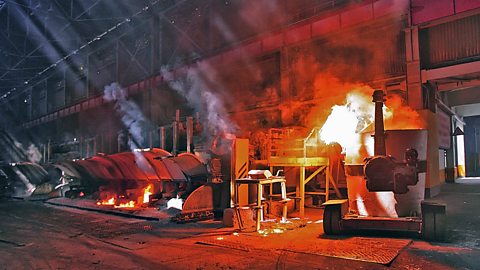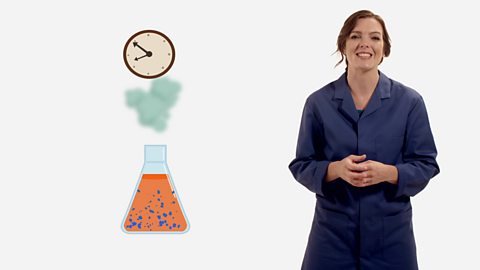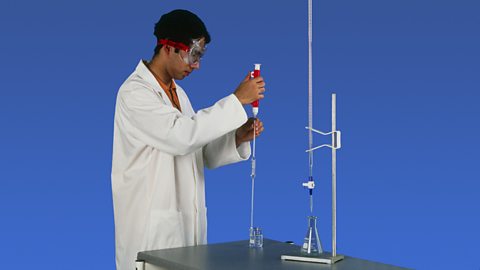Chemistry in society
Getting the most from reactants
Chemical processes are designed to provide the best profit and yield of product while minimising waste. Calculations based on equations give information on the yield and atom economy of processes.

Controlling the rate
Chemists must control the rate of reactions to ensure that processes are both economical and safe. Reaction pathway diagrams display information about the energy changes during chemical reactions.

Chemical energy
Energy changes occur in chemical reactions as bonds are broken and new bonds formed. Enthalpy changes can be calculated from experimental data, and are independent of the route taken (Hess's Law).

Equilibria
Reversible reactions in closed systems reach equilibrium where the rates of forward and reverse reactions are constant. Pressure, concentration and temperature all affect the equilibrium position.

Chemical analysis
Chromatography is a useful separation technique. Various methods are available such as paper, TLC and gas. Volumetric titrations provide important information about the concentration of chemicals.

Links
- External linkExternal link
- External linkExternal link
- External linkExternal link
- External linkExternal link